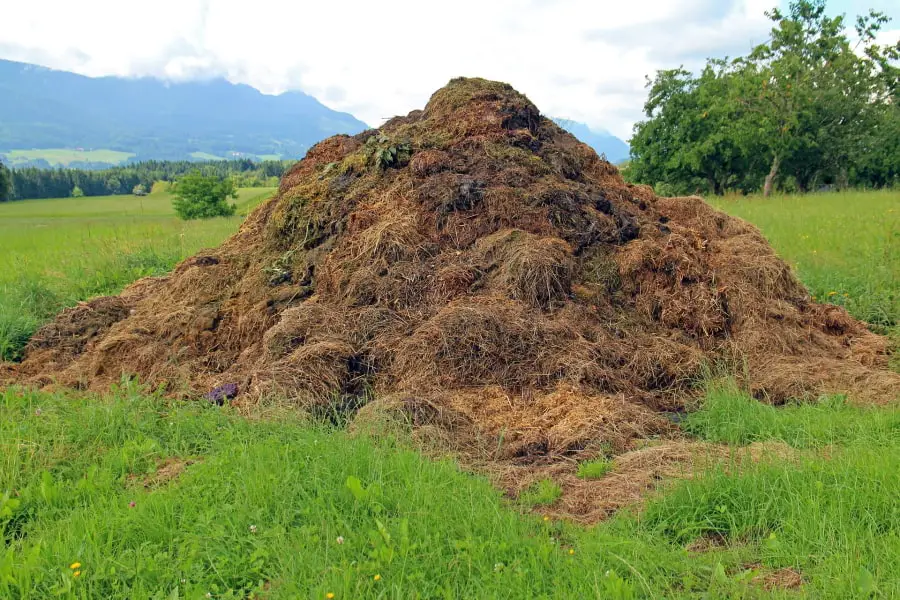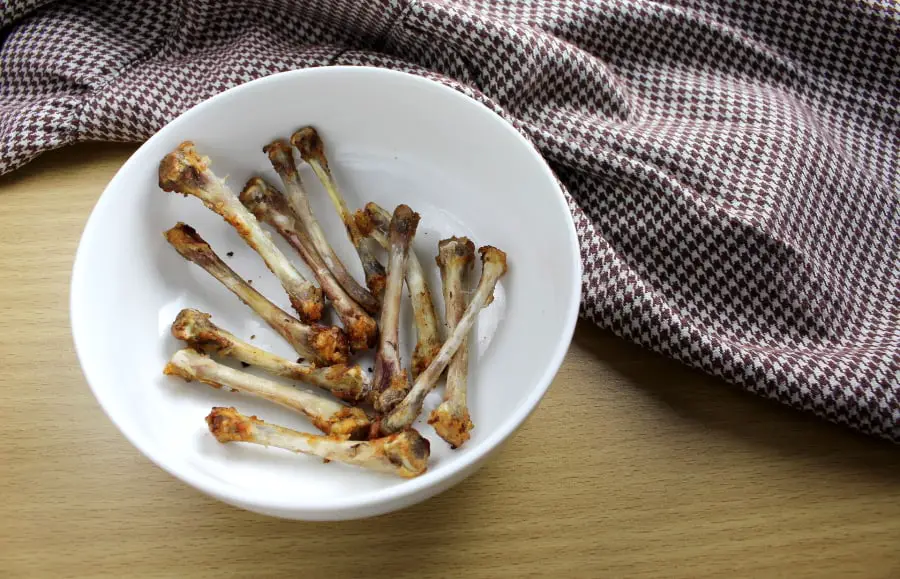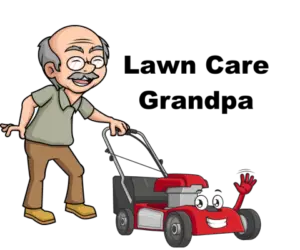Composting is an age-old practice that is still revered by gardeners all over the globe, and for good reason. Composting organic matter has benefits for your garden, the soil, the environment, and your wallet! But is all organic matter suitable for compost?
To compost bones for the calcium benefits it takes planning for accelerated deterioration. Bones can not only outlive a composting heap, but even the people that establish it. Some procedures include hot composting, Bokashi macrobiotics, grinding, boiling, and burning.
Our primary focus in the following article is on a form of organic matter that is often overlooked: bones. We discuss whether bones can be composted, as well as their general decomposition time frame. We also look at the steps you can take to accelerate the decomposition process to get your compost ready in time! Let’s get started.

Contents
Can Bones Be Composted?
You probably know all the usual candidates for most compost heaps: leaves, grass clippings, twigs, straw, as well as rotting fruit and meats.
Bones can be composted, but the increased time that it takes for them to decompose should be considered. Without methods like hot composting, boiling, burning, or Bokashi composting it could take an excessively long time for bones to deteriorate and disperse into the compost.
One form of organic matter that is rarely considered is bone. Not only is access to a sufficient number of bones unguaranteed, but there are also questions regarding the material’s decomposition.
So, to answer the question, yes…bones can be used as compost.
However, due to their rigidity, bones decompose at a very slow rate, especially in their original forms.
Chemically speaking, bones are primarily made up of calcium and collagen. Microbes, fungi, and enzymes can break down collagen fairly easily. However, the combination with calcium is what makes bones take so long to decompose. You see, calcium, like many other minerals, cannot be digested by microbes.
Additionally, the denser the bone, the longer it takes to break down. This is why we recommend fish bones as the best choice for composting. Their thin and hollow makeup facilitates much more rapid decomposition.

Chicken bones are another good choice for compost. They are thicker than fish bones, though, which means their decomposition will take longer. However, chicken bones aren’t nearly as dense as pork, beef, or game animal bones. Without any intervention, some of these thicker bones wouldn’t even be worth throwing on a compost heap.
Speaking of intervention, there are ways of accelerating the decomposition process, which we will touch on a bit later.
While composting your bones is a great way of reducing the amount of organic material that ends up in landfills, it is not always free of drawbacks.
Traditional composting is particularly problematic at times.
Bones can easily emit foul smells as they rot. During this period, they may also attract a wide variety of pests to your yard, which is always annoying. You will need to be very careful about how you approach composting bones.
Bones should be prepared in some way if you want long-term compost. They should be buried in the middle of the heap for heat and humidity.
How Long Does It Take For Bones To Decompose?
What is the timeframe one can expect when trying to add bones to a compost pile?
Bones can require between a few months (like fish bones) to several centuries to break down completely. Raw bones in their original forms, without boiling, burning etc. tend to take the longest time. Thicker bones and bones protected from the elements will also take a much longer time to decompose.
The rate of bone decomposition varies and is largely dependent on several factors such as:
- The bone type
- The bone form
- Surrounding conditions
- Interventions and procedures
Also, as we’ve already seen, the type of bone in question has the most direct affect on how long it takes to decompose. Fishbones are typically fastest (a few weeks- a few months) while bones from cows and wild game take the longest (up to several years, if at all).
We can see by the exhibits in many museums, if the conditions are right bones can even last for thousands of years. Granted, this environment is not going to be met by anyone’s personal composting heap, but it does attest to the time it can take to deteriorate bones in general.
If you would like to learn more about your lawn, gardening and many other subjects, I recommend my other articles…
- Raised Garden Beds Next To House Foundations- Explained
- Pine Tree Roots: How Far They Spread and How To Remove Them
- Which Side Of Your House Gets The Most Sun? (Garden Tips)
How To Accelerate Bone Decomposition For Composting
Luckily, there are a few measures you can take to expedite the decomposition of bones. If some of these steps are not taken, it can be many years of piling up bones before any benefit to the composting soil is gained. Using these techniques can get calcium and other beneficial in a reasonable amount of time.
There are several ways to speed up the bone decomposition process. Here are some of the main ways:
- Grinding the bones
- Hot composting
One of the most common approaches involves breaking down or grinding bones into fragments and dust. This eliminates the collagen bonds that exist in intact bones, which makes the microbes’ job easier.
Hot Composting For Bones
Hot composting is another approach. In fact, this is widely regarded as the fastest way to break down bone matter. The hot and humid conditions in a hot composting bin are just what microbes and enzymes in the compost need to decompose biological materials.
Many people are turning towards hot composting in a bid to reduce odors and pests. This approach could accelerate bone decomposition by several weeks or even months!
To check out one of the highest rated and best selling hot composing bins on Amazon…
Bokashi Composing
Another “composting” approach that is rapidly gaining popularity is Bokashi or Effective Microorganisms. If you are looking to compost some bones, this might be the choice for you.
The practice of Bokashi involves the fermentation of organic matter using bran-based microbes in an airtight bucket. The lack of aeration helps matter retain its nitrogen content. You also don’t get any bad smells or pests if you go down the Bokashi route.
You can also adjust your compost pH by making it more acidic. This will serve as an enzyme catalyst and speed up decomposition. A few tablespoons should do the trick.
If you are interested in compost starters full of helpful bacteria, I recommend this popular Bokashi mixture from Amazon that checks all of our boxes…
Boiling Or Burning Bones
Finally, we have boiling and burning.
Boiling bones is a great way of softening their hard exterior, which gives microbes and enzymes an easier task of breaking them down. This also kills any odor-causing bacteria on the bones.
Burning bones has the same effect as fragmenting and boiling them: breaking the bones into smaller pieces and eliminating the risk of smells and pests. Ashy bones will release nutrients much more quickly than raw and unburnt bones.
All of the aforementioned decomposition approaches also help you save the environment. Bokashi and hot composting, in particular, reduce methane emissions when compared to cold composting. You also avoid annoying neighbors with smells and pests. Rats and mice can attract bigger problems like snakes and coyotes!
Is It Best To Grind Or Burn Bone Before Composting?
There is no one answer to this because in this case, it is all a matter of personal preference and availability of resources.
Grinding the bones is a good choice because it gives microbes access to a greater surface area than the solid bone. When a food source is increased, microbes reproduce exponentially.
We recommend boiling any leftover bones for a while, extract the broth, and grind the bones. Use a hammer or even a food blender if you don’t have a meat grinder. We also recommend soft bones (fowl, rabbit, fish).
Burning is another avenue for compost preparation. Fire pits and open flame barbeques can do the trick. This softens bones and destroys any odor-causing flesh. We recommend burning bigger bones rather than grinding them with household appliances.
Boiling is also a good way of preparing bones for long composting. It is simply up to the preference of those attempting it.
The Final Touches On How To Compost Bones…
Though some advise against adding bones to a compost pile, the benefits of the calcium makes taking the extra steps needed well worth it in the end. There are extra steps for most bones to be sure.
Whether you choose to hot compost, burn, boil, or grind bones before putting them in the heap, the steps you take could make bones a great additive to your efforts.
Granted, some methods are easier and cheaper than others, but in the end it is up to each person what will be the most effective for him or her.
There are other great topics I cover in some of these articles…
- Raised Garden Beds Next To House Foundations- Explained
- Pine Tree Roots: How Far They Spread and How To Remove Them
- Which Side Of Your House Gets The Most Sun? (Garden Tips)
Reference
https://www.backyarddigs.com/compost/are-bones-compostable/
https://honestgrinders.com/how-to-grind-bones-without-a-grinder/#a_Before_Blending
